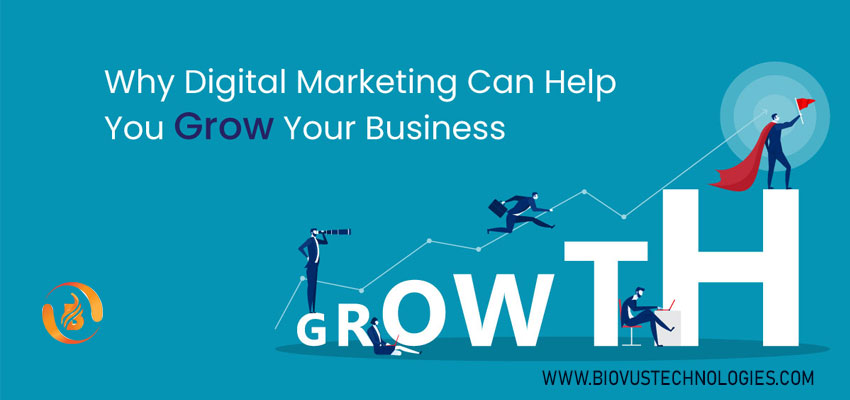Artificial intelligence (AI) applications are far more prevalent than you would expect. According to a recent McKinsey poll, 50% of respondents claimed that AI is used in at least one business function at their company. According to Deloitte research, 40% of businesses have implemented an AI strategy across the board. AI development company in India now plays a big part in consumer-facing apps as well, including face recognition, natural language processing (NLP), quicker computation, and a variety of other behind-the-scenes operations.
It was just a matter of time before AI was used to create smarter immersive environments in augmented and virtual reality.
AI has the ability to sift massive amounts of data at breakneck speed in order to develop insights and drive action. Users may either use AI for decision-making (as most corporate apps do) or combine AI with automation for low-touch activities.
To develop scalable and accurate virtual worlds, the metaverse will combine augmented and virtual reality (AR/VR) with artificial intelligence and blockchain.
What Is the Metaverse, and Why Is Artificial Intelligence Necessary?
The metaverse is a vast virtual universe in which users may interact with 3D digital items and 3D virtual avatars of themselves in a complicated way that resembles the real world.
Neal Stephenson, a science fiction writer, created the notion of the metaverse in the early 1990s, which was later developed in part by companies like Second Life, Decentraland, Microsoft, and, most recently, Meta (formerly Facebook).
Facebook is now well-known for its artificial intelligence research and powerful AI algorithms.
Content analysis, self-supervised voice processing, robotic interfaces, computer vision, whole-body posture estimation, and other fields of AI study are all part of the company’s AI research.
All of this might help to shape Meta’s future orientation and provide the groundwork for its own version of the metaverse.

The Metaverse’s 5 AI Use Cases
While virtual reality environments may exist without artificial intelligence, combining the two brings a whole new level of realism to the experience. This might have an influence on the following five scenarios:
Avatar creation with precision
The metaverse revolves around its users, and the accuracy of your avatar will have an impact on the quality of your and other participants’ experiences. An artificial intelligence system may analyze 2D user photos or 3D scans to create a very realistic virtual reproduction.
To make the avatar more lively, it may plot a range of facial expressions, moods, hairstyles, traits caused by age, and so on.
AI is already being used by companies like Ready Player Me to assist in the creation of avatars for the metaverse, and Meta is developing its own version of the technology.
Humans in the digital age
In the metaverse, digital people are 3D counterparts of chatbots. They aren’t exact duplicates of actual people; rather, they are AI-enabled non-player characters (NPCs) in a video game who react and respond to your activities in a virtual reality world.
Digital beings are created totally using AI technology and are vital to the metaverse’s ecosystem.
There are a variety of applications, ranging from NPCs in games to automated assistants in virtual workplaces, and companies like Unreal Engine and Soul Machines have already made investments in this area.
Accessibility in several languages
Language processing is one of the most common uses of AI in digital people.
Artificial intelligence can help break down natural languages like English, transform them to a machine-readable format, analyse them, come up with a response, and then convert the results back to English and communicate them to the user. This whole thing happens in a fraction of a second, just like a genuine discussion.The best aspect is that, depending on the AI’s training, the findings might be translated into any language, allowing people from all over the globe to access the metaverse.
Large-scale expansion of the virtual world
This is where artificial intelligence truly shines. When given historical data, an AI engine learns from prior results and attempts to generate its own.
With new input, human feedback, and machine learning reinforcement, AI’s output will improve over time.
Eventually, AI will be able to complete the work and produce results that are almost as good as humans. AI is being trained by companies like NVIDIA to develop complete virtual worlds.
This achievement will be critical in ensuring the metaverse’s scalability, as new worlds may be introduced without the need for human participation.
Interfacing that is simple to use
Finally, AI can help with human-machine interactions (HCI). When you put on a high-tech, AI-enabled VR headgear, its sensors will identify and predict your electrical and muscular patterns, allowing you to move around the metaverse precisely how you choose.
In virtual reality, AI can assist in recreating a natural feeling of touch. It can also help with voice-activated navigation, allowing you to interact with virtual items without the use of hand controls.
Artificial Intelligence (AI) Challenges in the Metaverse
It’s important to keep in mind that the metaverse is a relatively new field of study and operation, and AI deployment may face challenges. For instance, there may be inquiries about:
- Ownership of artificial intelligence-generated material – Who owns the rights to the content and virtual worlds generated by AI, and who may benefit from them?
- Deepfakes and user transparency – How can users be confident they’re engaging with AI rather than other people? How can you protect yourself from deep fakes and fraud?
- Fair use of AI and machine learning – Can users use AI/ML technology in metaverse interactions legally? Can they, for example, utilise AI code to win games?
- Right to utilise data to train AI models – How can we train AI for the metaverse in an ethical manner? What are the processes for obtaining consent?
- Accountability for AI bias – What can be done if a digital human or equivalent AI programme exhibits bias?
Visit us on: www.biovustechnologies.com








Comments on “AI In Metaverse”